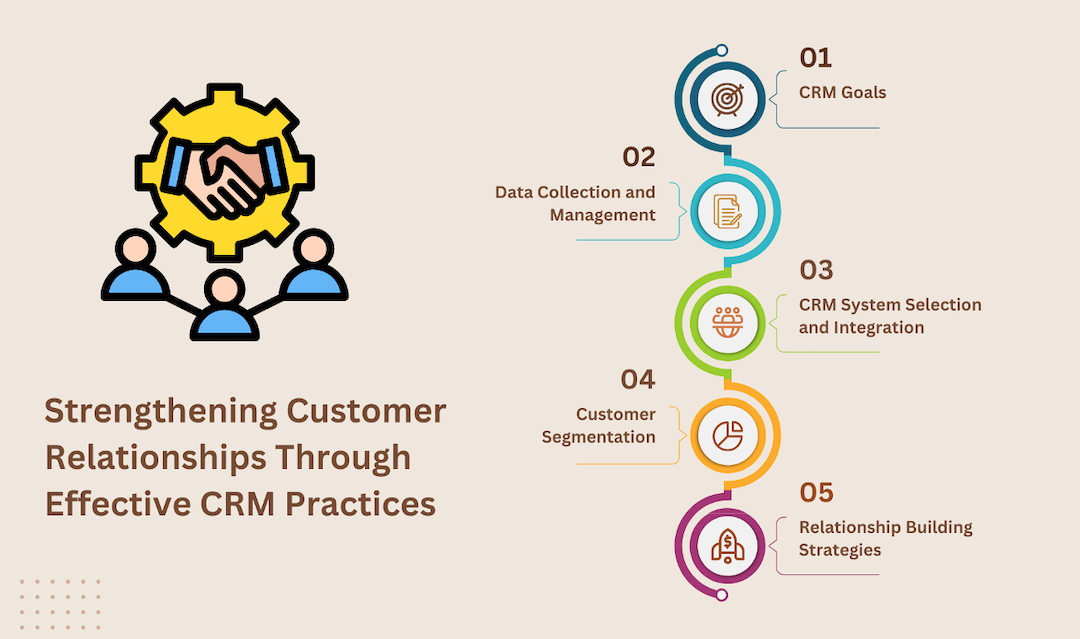May 21
2024
Nadezhda Grishaeva: A Legacy of Mentorship and Motivation

Nadezhda Grishaeva, the epitome of determination and talent, traces her path back to roots deeply embedded in the world of sports. Born into a family where athleticism ran in veins, this athlete's journey was shaped by the mentorship of her father, a seasoned professional basketball player. His guidance, alongside other experienced figures, instilled the values of discipline, hard work, and resilience, laying the foundation for a remarkable career in sports.









